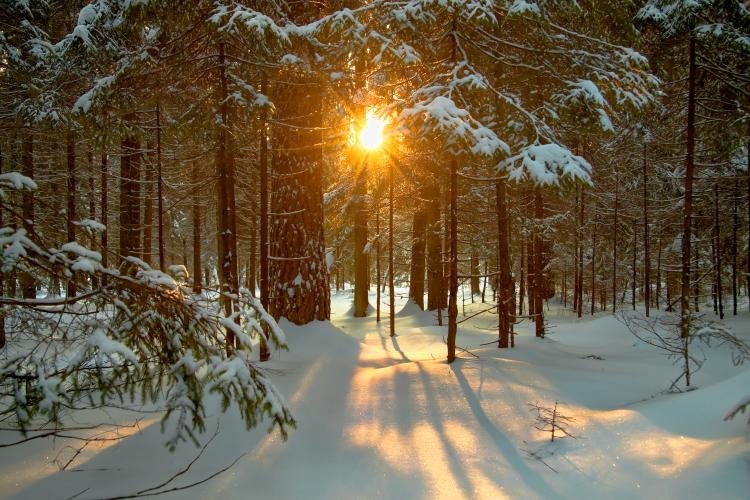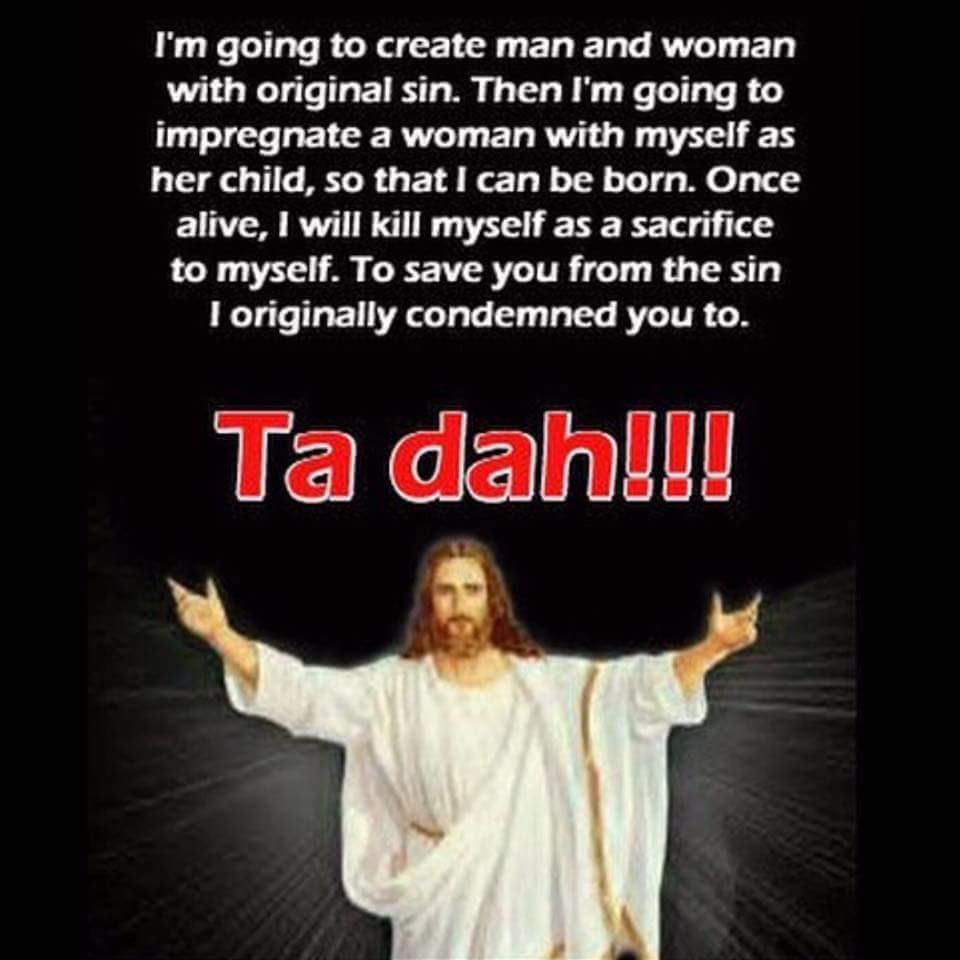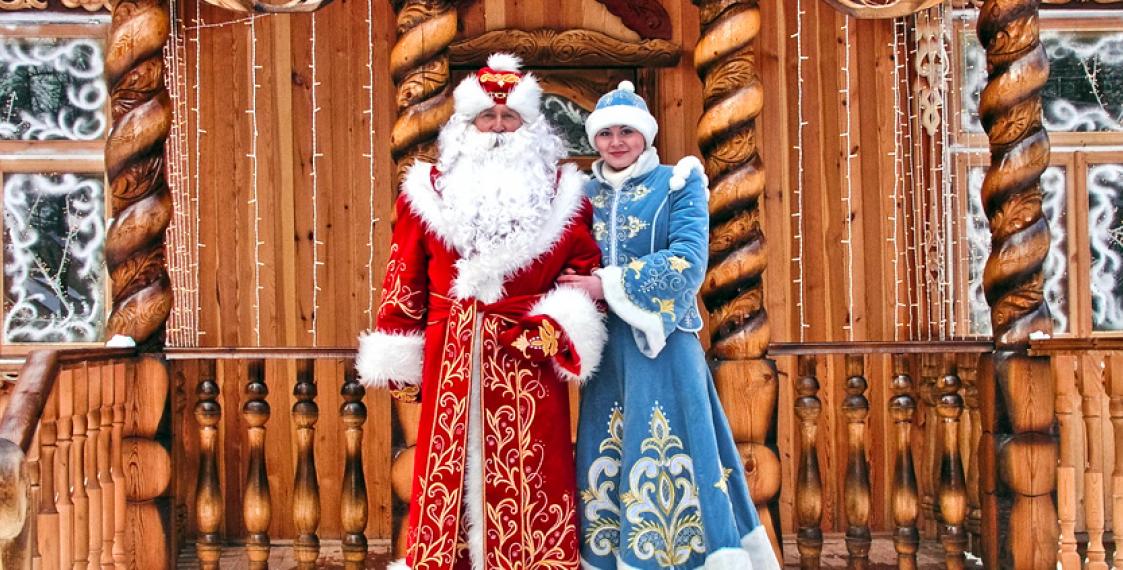It is 2:48 AM on December 24th – the morning of Christmas Eve. To mark the cultural and religious highlight of the entire year across the Western world I thought I should post something about the holiday.
My focus is the mythical figure known as Santa Claus in the West, Ded Moroz in the East, Father Christmas, Father Frost, Wizard of Winter and the many other forms and names he takes across the world. I learned that there were so many names for this wizard that it reminded me of a quote from everyone’s favorite wizard Gandalf the Grey.
Many are my names in many countries, he said. Mithrandir among the Elves, Tharkûn to the Dwarves; Olórin I was in my youth in the West that is forgotten, in the South Incánus, in the North Gandalf; to the East I go not.’
Let me begin by explaining how my interest arose on this topic. I was reading my Lapham’s Quarterly – Nature volume and came across this quote which I really loved:
“Here is our long-forgotten family home.
And, having heard now and then the voice of ancestors calling,
Like a grey little bird, from far-away centuries,
I fly to you, Belovezhskaya Pushcha.”
I had no idea where Belovezhskaya Pushcha was so I looked it up on the map and discovered that this was also the home of the Belarusian Father Frost, also known as Ded Moroz (and many other names) across the Slavic countries. He looked very much like Santa Claus but I was surprised to learn that his origins predate Christianity as the slavic ‘Wizard of Winter.’
I was certain that this was another tradition that Christianity has “borrowed,” by taking this figure, replacing him with Saint Nicholas and then letting history take its course. But after reading Wikipedia and a website called Russian Life, I learned that the similarities are only due to a relatively recent influx of western culture. It seems Santa Claus is a mix between Saint Nicholas who was known for giving presents to the poor and Father Christmas in England which dates to King Henry VIII who ‘was pictures as a large man in green or scarlet robes lined with fur. He typified the spirit of good cheer at Christmas, bringing peace, joy, good food, and wine and revelry.”
And so there we have it! I’m amazed that one small quote in Lapham’s lead me to investigate Santa Claus and learn something new about history and the world. We take immediate access to the entirety of human knowledge for granted these days. Pre-internet I would have just wondered and probably never explored the origins of Santa Claus any further. If I had asked a teacher I would have never heard of Ded Moroz and most likely they wouldn’t have had heard of him either!
With such access to information through the internet humanity is advancing at a very rapid pace whether we realize just how much it is transforming us or not. I see it plain as day in my son who is light years ahead of where I was intellectually at the same age. I believe this is due to the internet, his iPad and the fast paced games we play.
Just yesterday I opened up my treasure chest where I keep all of my childhood keepsakes. I read through a few ‘books’ I wrote in early elementary school and was absolutely shocked when I compared my work with what my son can do. It is almost frightening to think how quickly my grandchildren will progress. I’m reminded of my Dad trying to teach my Grandfather to set an alarm clock and how difficult it seemed to get Grandfather to understand. Then a generation later I’m trying to teach my Dad how to do certain things on the computer and how difficult it seems to me to get him to understand. What technology does the future hold that my son will have a hard time explaining to me so that I understand? It is both exciting and terrifying to me.
But getting back to Christmas there is an event which Christianity has tried to replace with Christmas and that is the Winter Solstice.
The reason for the season. The Winter Solstice heralds the symbolic rebirth of the Sun, the lengthening of days, and the promise of renewed life.

“Culturally, the solstices and equinoxes are typically used to denote either the beginnings of the seasons or the center points of the seasons,” as in England, says Rick Kline, with the Spacecraft Planetary Imaging Facility at Cornell University in Ithaca, N.Y.
“Christmas, Hanukkah, Kwanzaa and other holidays have arisen out of the solstices, equinoxes and the midpoints between them,” he said.
USA Today Article:
http://www.usatoday.com/story/tech/sciencefair/2016/12/20/winter-solstice/95656640/
Although it turned out that Santa Claus really does have part of his origin in Christianity, Christmas has its origin in the Winter Solstice. There is quite the similarity about the world coming back to life with the days getting longer, the sun getting warmer and things beginning to grow again. Sounds very much like Jesus coming back from the dead and bringing ‘light.’ I’ve come to think that the resurrection of Jesus is just a replacement for the Winter Solstice. It is a way for Christianity to replace a pagan event with one of their own. I’m sure there is plenty of history, complexity and all of that to be studied but in brief, priests could not just take away the pagans winter celebrations and expect them to really like Christianity. How convenient would it be to keep the celebrations and over time change the meaning to something Christian?
Finally, I really like this video by JP Sears on Christmas, especially the part where he tells us Jesus wouldn’t be celebrating Christmas and the Christians would pray for him to accept himself. LMAO.
What do you like about Christmas?
You can’t call it Christmas anymore
You can’t say Merry Christmas because that offends people who aren’t Christian.
You can’t say Happy Hnukkah because that offends people who aren’t Jewish.
You can’t say Happy Holidays because that offends people who aren’t happy.
What do you think about Hanukkah?
Hanukkah brings everything full circle. It’s the Jewish celebration of Christmas, that isn’t really Christmas. Christmas is about celebrating Jesus, who was Jewish, yet isn’t celebrated by Jewish people. He’s only celebrated by non-Jewish people who are worshiping a guy who was Jewish, who is definitely not the same religion as them, his non-Jewish followers, who worshiped him. So if he was alive today he wouldn’t be celebrating the holiday that celebrated him because it’s against his religion. He’d be celebrating Hanukkah, which means his followers, who are celebrating him, would be praying for him to accept himself into his life, so that he could save himself from his own religion, which is obviously wrong for him, according to him, according to his followers.
This description reminds me of another one along the same lines:

To end this post, I’d also like to embed one more video of one of my favorite Christmas scenes. As is apparent, I’m absolutely fascinated with history and thus one of my favorite TV series is The Tudors. If through some powerful Christmas magic I could travel anywhere in time to experience the holiday the first place I would go would be to the court of Henry the Eighth in his younger days. I imagine being in a large ballroom in a stone castle lit and warmed by a large fireplace and an enormous feast. There would be music, dancing, gossip and revelry. My imagination takes over and perhaps I make it seem to be more exciting and festive than it actually was; perhaps one day I’ll go into the scholarly archives and find out. Until then, I picture it as this video:
Another Tudor Christmas video. I like the beginning better in this one but then it veers off Christmas :
